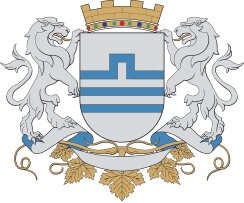Communal Police
Miloš Novović

Address: Vasa Raičkovića bb
Duty services: 067 002 005
E-mail: pgkompolicija@t-com.me
Fax: +382 237-511
The Law on the Communal Police defines the tasks and authorisations of the Communal Police, the organisation of, and other matters significant for, the work of the Communal Police. The work of the Communal Police includes communal supervision and ensuring communal order in accordance with the law which defines the area of communal activities and other areas in which the municipality performs its own tasks or the tasks within the competence of the state administration transferred to it by the law and delegated to it on the grounds of the law.
In performing the tasks within its competence, a communal support officer is authorised to, in accordance with the law:
- give warnings
- issue orders
- determine identity
- deprive a perpetrator of his/her freedom
- stop and temporarily remove a vehicle from traffic
- inspect possessions
- temporarily confiscate possessions
- apply video supervision
- use physical force, handheld spray with irritant effects, police batons, and means of restraint (hereinafter: means of coercion).
The Communal Police may issue a misdemeanour warrant, submit a request for the initiation of a misdemeanour proceeding and criminal charges and, when it determines that it has no competence in the matter, inform another body with the purpose of taking measures within its competence.
In performing the duties within its competence, the Communal Police cooperates with citizens, acting on reports, requests, and suggestions with regard to communal order.
The subject of communal supervision is obliged to enable unhindered performance of its tasks and the implementation of tasks falling within the competence of communal police, give authorisation, and provide the communal police with identification, or information necessary for the performance of communal supervision.
The Communal Police provides communal order by exercising communal supervision, in areas such as: water supply; wastewater treatment; sewage treatment; heating supply; cleaning public surfaces; transport and disposal of communal and other sewage; construction, maintenance of market places, funeral places, parks, greenery, and other public surfaces; maintenance of streets, roads, and other public surfaces and public lighting; construction, maintenance, and use of local roads, traffic signs and signalling, urban and suburban public transport, taxi transport and emergency transport, parking on public parking places; construction, maintenance, and use of bridges, public facilities, and the regulation and maintenance of waterways; housing in residential buildings; keeping of pets; protection of ambient noise; use of the symbols of the Capital City; monitoring of working hours; maintenance of animal shelters and in other areas in which the Capital City exercises its own affairs in accordance with law, communal supervision, and the maintenance of communal order in performing the delegated tasks of the state administration within the competence of the Administration for Inspection Affairs in the field of the exploitation and disposal of river sediment on water areas, measuring noise levels in and outside hospitality premises, as well as open spaces and other administrative activities in accordance with the law and decisions of the Capital City.
In performing communal supervision and providing communal order, the communal officer, in addition to the authorisations stipulated by the law regulating the tasks and authorisations of the communal police, in accordance with provisions of the Law on Communal Activities, is authorised to:
1) monitor and ensure the implementation of the Decision on Communal Order in Article 19 of this law in the section referring to the actions of citizens, economic, and other subjects,
2) monitor the public water supply, manage communal waste water, manage sewerage, the maintenance and use of landfills, manage waters, public transport of passengers in urban and suburban settlements, maintenance of municipal roads (local roads, city streets, and streets in settlements), bicycle lanes and traffic signs and signalling, maintenance of public cemeteries, chapels, and crematoriums, maintenance of market places, storage, and selling of products outside of the space defined for that purpose, and the maintenance of public places for parking;
3) monitor the exercising of prohibitions from Articles 17 and 18 of this law and take adequate measures in case of its violation;
4) monitor whether public surfaces are being used in accordance with their purpose;
5) order the removal of items and other objects from public surfaces in violation of the regulations of local self-government units;
6) order citizens, and economic and other subjects to remove waste from places not defined for this purpose;
7) monitor whether a communal service is being used in the way prescribed by Article 31 (3) of this law;
8) monitor whether citizens, and economic and other subjects are acting in accordance with the regulations of local self-government units;
9) monitor whether an owner of a facility has connected his facility to the communal infrastructure;
10) monitor whether the owner is using a communal service in accordance with the agreement concluded between the performer of the communal activity and the user;
11) take other measures and acts in the manner defined by the law and municipal regulations.
Appreciating that communal order is one of the key factors which define the quality of life of citizens, the Communal Police is engaged, throughout the day, every day, during weekends and holidays in three shifts, on increasing the level of communal discipline in the Capital City.











